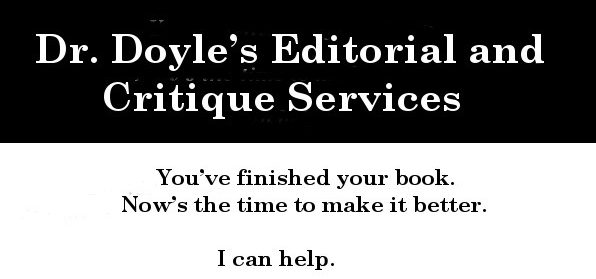Sometimes, in this writing game, you get lucky. A story idea doesn’t so much come up and whisper in your ear as leap out of the bushes in front of you and demand your attention. Stories like that don’t get written so much as they get exorcised — writing them down is the only way to get them out of your head so that you can get on with whatever it was you were supposed to be writing instead.
(It’s one of the sad truths of writing: The story that you’re supposed to be writing is never quite as attractive as the one that you’re cheating on it with.)
Other times, though, you have a pressing need to write a story — you’ve promised something to an anthology, or you’ve got a class assignment, or you’ve committed yourself to producing a piece of handmade original fiction as a birthday present for a dear friend — but you haven’t the foggiest idea what you should be writing a story about. You’re suffering, in this case, from the problem of too much choice. Given the whole vast and varied universe to pull a story idea from, your muse takes a hard look at all that vastness and variety and goes off and hides in a corner whimpering.
What you can do, at that point, is start setting up boundaries and making requirements, so that your agoraphobic muse isn’t forced to either contemplate infinity or hide. So you decide that you’re not going to write anything longer than 5000 or 50,000 or 150,000 words (depending upon just how big a story you need); and you’re not going to include self-aware robots, or an in-depth exploration of employer-employee relations in mid-twentieth century Chicago, or time travel. At the same time, you decide that your story will include certain things.† You can derive these included things any way you like. You can pull random nouns out of a dictionary, or random objects out of your household junk drawer; you can draw cards out of a Tarot deck; you can go to any of the various online plot generators.
It doesn’t matter what method you choose, because the whole point is the imposition of random constraints. The self-imposed boundaries and required inclusions give you some fixed points on which to hang a story, and they reduce a universe of infinite possibilities to something that even the most timid of muses can contemplate without coming unanchored and floating off, storyless, into the void.
†Such as, for example, self-aware robots, an in-depth exploration of employer-employee relations in mid-twentieth century Chicago, and time travel.


Keep all the articles coming. I really like
reading your posts. Thank you.